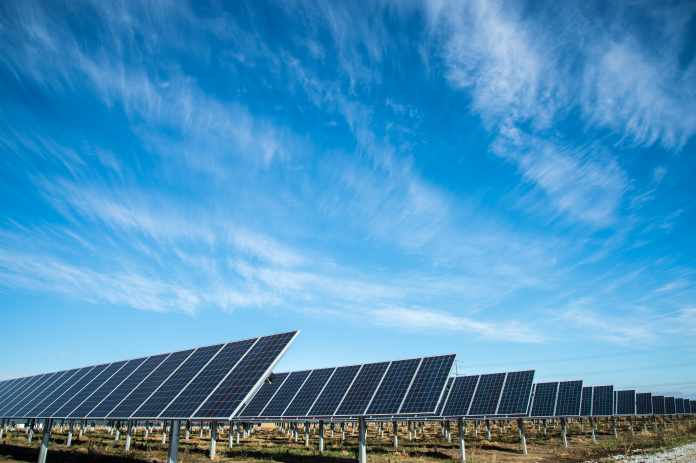As the world quickly becomes more aware of the growing environmental problem of a disintegrating planet, more homeowners are searching for effective and practical ways to reduce their carbon footprints. As a collective effort, we can rewind the damage enough to let the planet heal.
However, while there are fossil-free heating solutions and better plastic alternatives out there, switching to renewable power at home is an effort large enough to genuinely make a notable difference.
And because even governments around the globe are encouraging homeowners to make the switch, you may even be entitled to tax benefits for the investment. Even though the initial costs of switching to renewable energy are somewhat hefty, you will enjoy long-term savings as you won’t be paying high utility bills ever again.
That said, not all forms of renewable power are suitable for all areas of the world. For example, solar power is not ideal in regions where the sun is not often out. So, in this article, we delve into the three types of renewable energy and when they are suitable for you.
Table of Contents
Solar Power
Solar power works best in hot and humid regions where the sun is often shining, and summer temperatures are scorching. This is because solar panels work by trapping heat and converting it into usable power. The power is then stored in the home’s solar power system, which usually has a battery for storage.
Furthermore, solar power is one of the more common forms of renewable power, as it is currently the most used form. And thanks to advancements in tech, you can power your home entirely with solar energy if you have the right amount of panels and a quality system installed that’s suitable for the size of your home and your average power consumption.
What’s more, if you don’t have the initial funds to invest in a complete solar power system for your home, you can also consider smaller investments, such as a solar power water heater and others that will also help you gradually make the switch as your budget allows.
Wind Power
Wind energy is a little less common than solar, although it is still widely used. However, this form of renewable energy can only be harnessed in windy regions. In addition, the initial investment is also pretty hefty, and you will need to consider relevant permits if you live in an urban area.
Unfortunately, wind energy is mainly harnessed in wide-open spaces due to the large size of wind turbines and the significant noise. And for this reason, we can only really expect wind energy to become more prominently used when governments decide to invest in wind turbine farms that will power up entire areas. This is because the regular homeowner is unlikely to afford the cost of a personal wind turbine or two in their backyard.
Hydroelectricity
Hydroelectricity is the power that is harnessed from moving water. And this source of renewable energy is only suitable for those who reside nearby bodies of moving water, such as streams and others. And while hydroelectricity is no new invention, gristmills and sawmills from decades back functioned with this form of power, and some of these old-school devices can even be found in museums today.
That said, hydroelectricity works by cycling water between lower and upper reservoirs to generate energy. Other hydroelectricity types utilize run-of-river principles, where water funnels through a small channel, and no dam is required.
And power generated from hydroelectricity installations can be large enough to power entire small towns with ease. For this reason, we can expect hydropower to become a lot more popular in the next few years to come.
Choosing The Right Source Of Renewable Power
More often than not, the best option for homeowners is solar power, as the most widely used form of renewable energy. That said, you will need to reside in a primarily sunny region.
However, regardless of the type of renewable source you opt for, it is vital to have the system installed by a professional service. In addition, you must also be sure to follow your local laws when installing solar panels, wind turbines, or even hydropower systems, as you might need to consider certain restrictions depending on your region and the type of system you are installing.
Once you have installed renewable energy for your home, you will immediately note massive savings on your utility bill. And the most alluring advantage is that you will be protecting the planet all at the same time.















